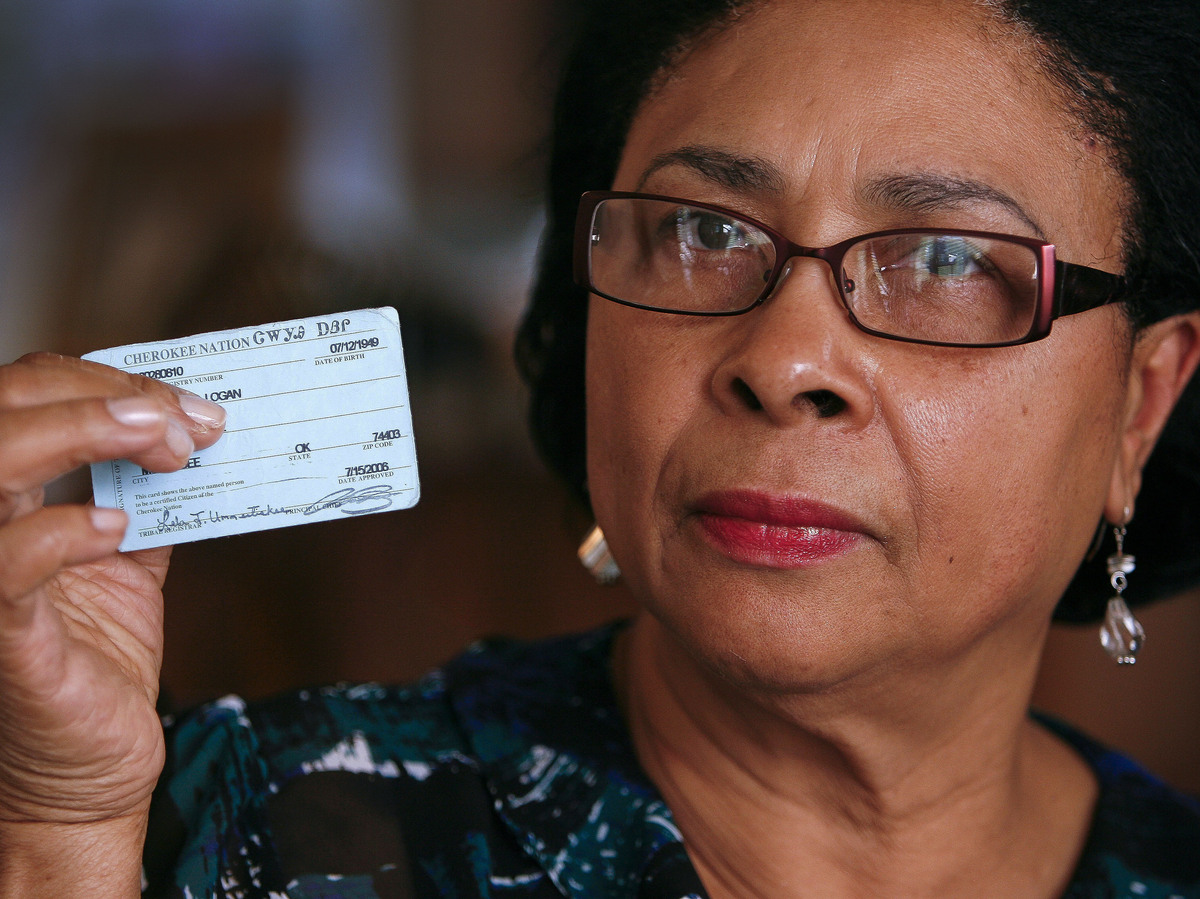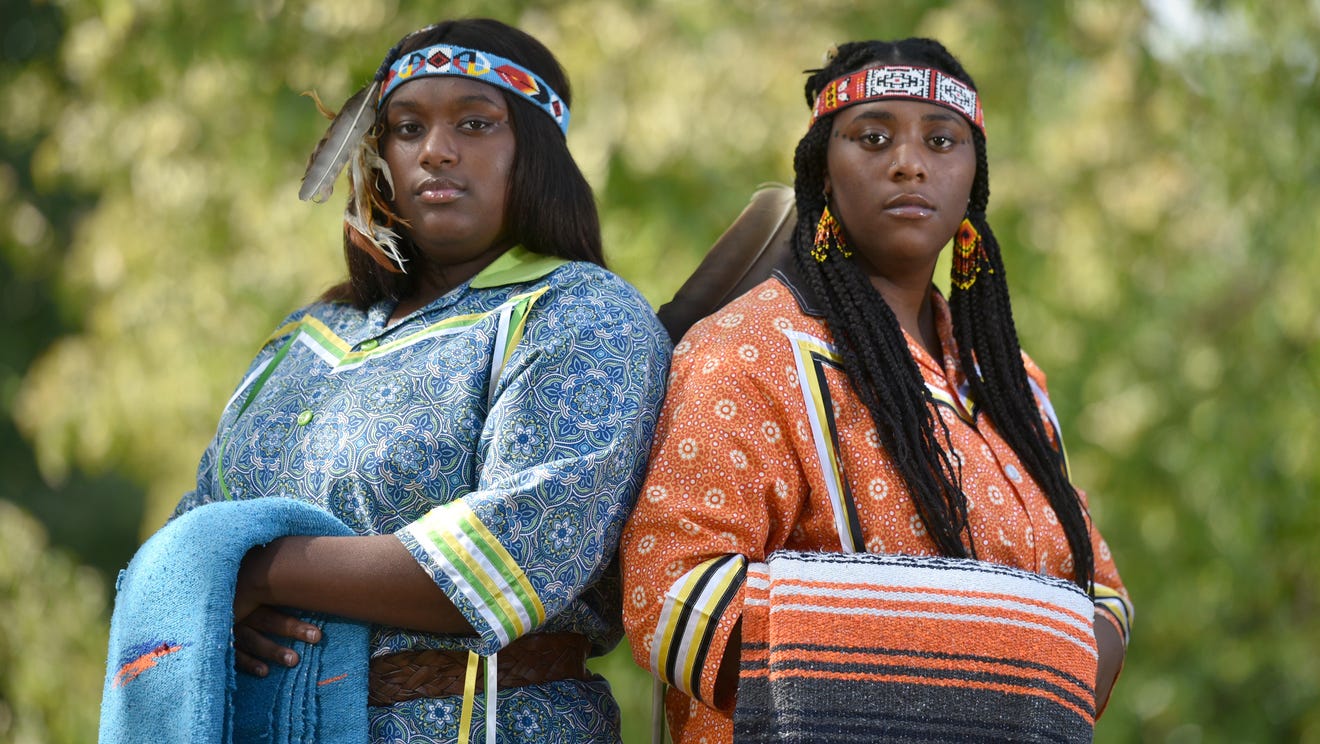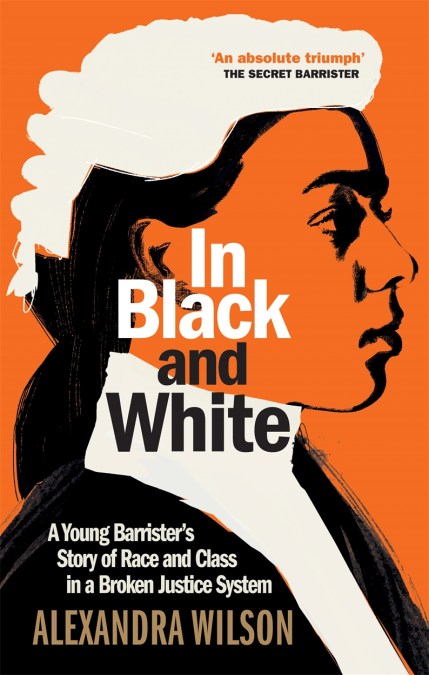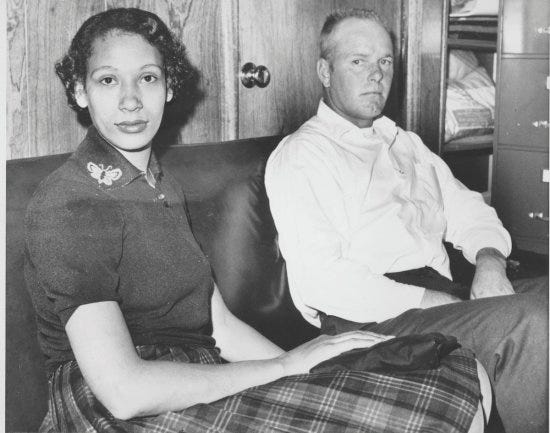The children colonial Belgium stole from African mothersPosted in Africa, Articles, Europe, History, Law, Media Archive, Religion on 2021-03-12 16:12Z by Steven |
The children colonial Belgium stole from African mothers
Al Jazeera
2021-02-03
Annette Ekin
Brussels, Belgium
 An archive photo showing children at Save, a key institution to which stolen mixed-race children were taken [Courtesy of metisbe.squarespace.com] |
Taken from their mothers in what is today the Democratic Republic of the Congo, Rwanda and Burundi, decades on a group of mixed-race elderly people are fighting the Belgian state for recognition and reparations.
Monique Bitu Bingi, 71, has never forgotten how it happened.
It was 1953 when the white colonials came for her in Babadi, a village in the Kasai region of what is today the Democratic Republic of the Congo (DRC), then a Belgian colony. She was four, the child of a Black Congolese woman and a white Belgian colonial agent. Because she was mixed-race, she would be forced to leave her family and live at a Catholic mission. If she stayed, there would be repercussions: the men – farmers, hunters and protectors of the village – would be forcibly recruited into military duty and taken away. When the time came to leave, her mother was not there to say goodbye. She had left, unable to watch her daughter go.
Monique remembers travelling with her uncle, aunt and grandmother who carried her. She could tell something was wrong from her grandmother’s sadness. They walked west for about two days, crossed a river and slept in cabins used for drying cotton. When they reached Dimbelenge they hitched a ride northwest on a truck carrying the body of a woman who had died in childbirth. It was headed for Katende, in today’s Kasai Central province, where the St Vincent de Paul sisters’ mission was. Monique fell asleep. It must have been a Wednesday because weddings happened on Wednesdays and when she awoke outside the mission she saw a young Congolese couple, the bride dressed in white, and strangers everywhere. But her own family was gone. She remembers walking through the crowd, crying, until an older girl from the mission brought her inside to the others.
Among the countless abuses committed by the Belgian state during its colonial occupation of the Congo from 1908 to 1960, taking over from the exploitative and violent rule of King Leopold II which killed millions of Congolese, and its control from 1922 to 1962 under a League of Nations mandate in Ruanda-Urundi (today Rwanda and Burundi), is the little-known systematic abduction of biracial children from their maternal families…
Read the entire article here.








